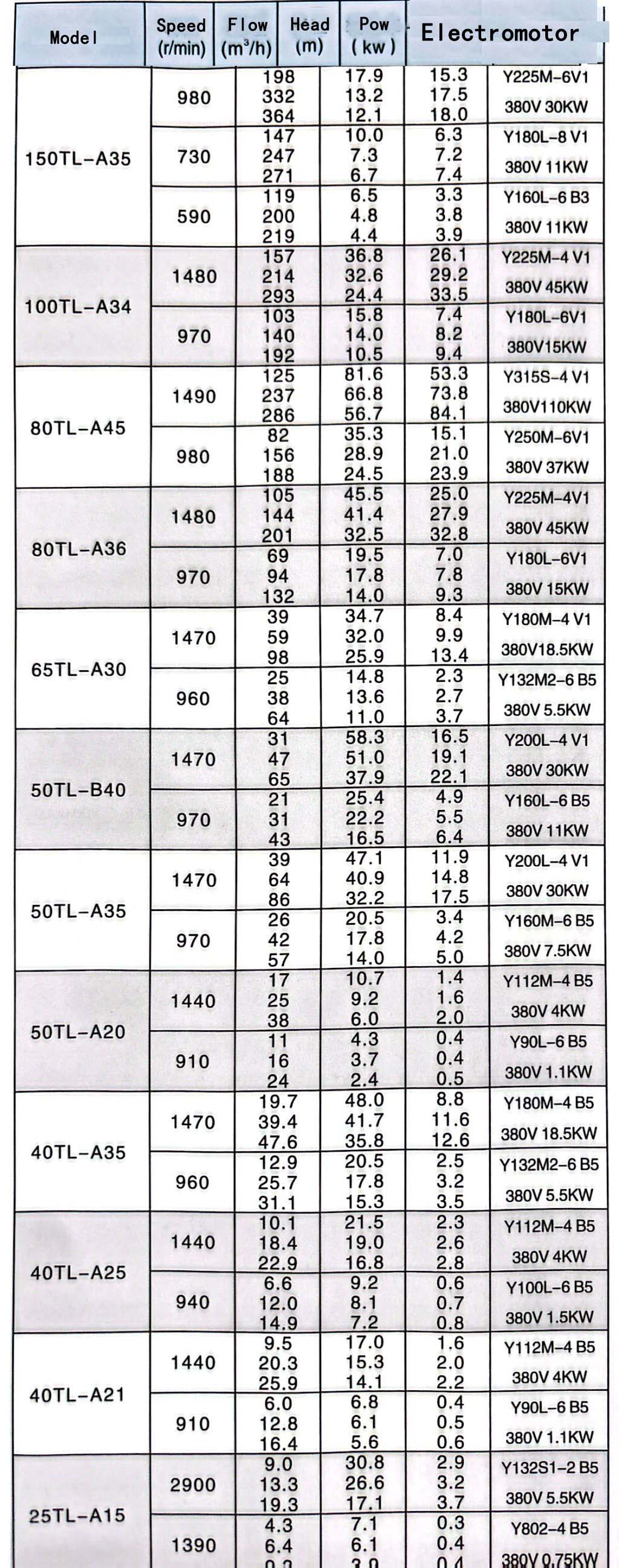Serbian
- Afrikaans
- Albanian
- Amharic
- Arabic
- Armenian
- Azerbaijani
- Basque
- Belarusian
- Bengali
- Bosnian
- Bulgarian
- Catalan
- Cebuano
- Corsican
- Croatian
- Czech
- Danish
- Dutch
- English
- Esperanto
- Estonian
- Finnish
- French
- Frisian
- Galician
- Georgian
- German
- Greek
- Gujarati
- Haitian Creole
- hausa
- hawaiian
- Hebrew
- Hindi
- Miao
- Hungarian
- Icelandic
- igbo
- Indonesian
- irish
- Italian
- Japanese
- Javanese
- Kannada
- kazakh
- Khmer
- Rwandese
- Korean
- Kurdish
- Kyrgyz
- Lao
- Latin
- Latvian
- Lithuanian
- Luxembourgish
- Macedonian
- Malgashi
- Malay
- Malayalam
- Maltese
- Maori
- Marathi
- Mongolian
- Myanmar
- Nepali
- Norwegian
- Norwegian
- Occitan
- Pashto
- Persian
- Polish
- Portuguese
- Punjabi
- Romanian
- Russian
- Samoan
- Scottish Gaelic
- Serbian
- Sesotho
- Shona
- Sindhi
- Sinhala
- Slovak
- Slovenian
- Somali
- Spanish
- Sundanese
- Swahili
- Swedish
- Tagalog
- Tajik
- Tamil
- Tatar
- Telugu
- Thai
- Turkish
- Turkmen
- Ukrainian
- Urdu
- Uighur
- Uzbek
- Vietnamese
- Welsh
- Bantu
- Yiddish
- Yoruba
- Zulu
Telephone: +86 13120555503
Email: frank@cypump.com
окт . 16, 2024 02:37 Back to list
commercial submersible pump
The Importance of Commercial Submersible Pumps
In various industrial applications, the efficiency and reliability of water management are crucial for operational success. One key component that plays a significant role in this domain is the commercial submersible pump. Designed to operate underwater, these pumps have become essential for diverse sectors, including agriculture, mining, and municipal wastewater management.
What is a Commercial Submersible Pump?
A commercial submersible pump is a type of pump that operates underwater to move fluids from one location to another. Unlike standard pumps, which must be installed above ground and rely on suction to draw liquids up, submersible pumps are submerged in the fluid they are pumping. This allows them to push fluids to the surface more efficiently, minimizing the energy required for operation. Typically sealed in a watertight casing, these pumps are equipped with a motor that drives the impeller, propelling the liquid upwards through discharge pipes.
Applications
Submersible pumps find use across a variety of applications. In agricultural settings, they are often employed for irrigation, draining excess water from fields, or supplying water to livestock. In mining operations, these pumps are used to remove groundwater and dewater mines, ensuring a safe and productive working environment. Municipalities utilize submersible pumps for wastewater treatment, transporting sewage and stormwater to treatment facilities, thereby safeguarding public health and the environment.
Advantages
commercial submersible pump

One of the primary advantages of commercial submersible pumps is their ability to operate efficiently in deep-water applications, where traditional surface pumps would struggle. Submersible pumps can handle high heads and can be installed in deep wells or reservoirs. Additionally, since they are submerged, they operate quietly, which can be advantageous in residential or sensitive areas.
Moreover, their construction is designed for durability. Submersible pumps are typically constructed with robust materials to withstand harsh conditions, including corrosive environments and variable temperatures. This resilience means they require less frequent maintenance compared to other pump types, reducing operational downtime and costs.
Choosing the Right Pump
When selecting a commercial submersible pump, it's essential to consider several factors. The specific application, fluid type, required flow rate, and total dynamic head (the total height the pump needs to lift the fluid) all play a significant role in determining the appropriate pump. Additionally, it is important to assess the pump's efficiency and energy consumption, particularly in industries where operating costs can significantly impact profitability.
Conclusion
The commercial submersible pump is an indispensable tool in modern water management and fluid transportation. Its ability to operate effectively in a variety of demanding environments makes it a crucial asset across numerous industries. As technology continues to advance, the efficiency and capabilities of these pumps will likely improve, paving the way for more sustainable and cost-effective solutions in fluid management. Investing in high-quality submersible pumps equips businesses with the reliability they need to thrive in today’s fast-paced industrial landscape.
-
Heavy-Duty Mining Sludge Pumps - Wear-Resistant Slurry Handling
NewsAug.02,2025
-
Horizontal Split Case Pump with GPT-4 Turbo | High Efficiency
NewsAug.01,2025
-
ISG Series Pipeline Pump - Chi Yuan Pumps | High Efficiency, Durable Design
NewsAug.01,2025
-
Advanced Flue Gas Desulfurization Pump with GPT-4 Turbo | Durable & Efficient
NewsJul.31,2025
-
ISG Series Vertical Pipeline Pump - Chi Yuan Pumps | Advanced Hydraulic Design&Durable Construction
NewsJul.31,2025
-
ISG Series Vertical Pipeline Pump - Chi Yuan Pumps | Energy Efficient & Low Noise
NewsJul.31,2025










